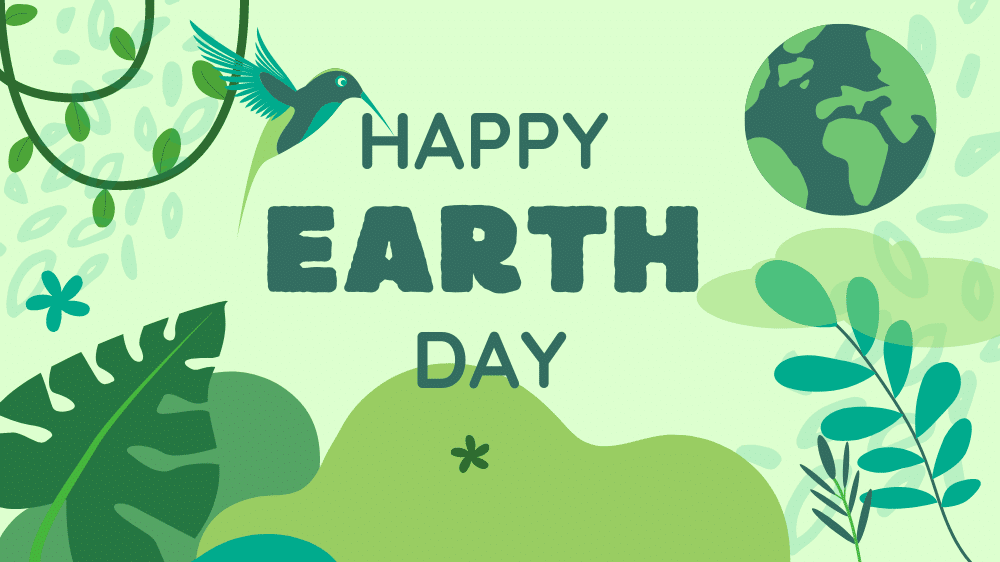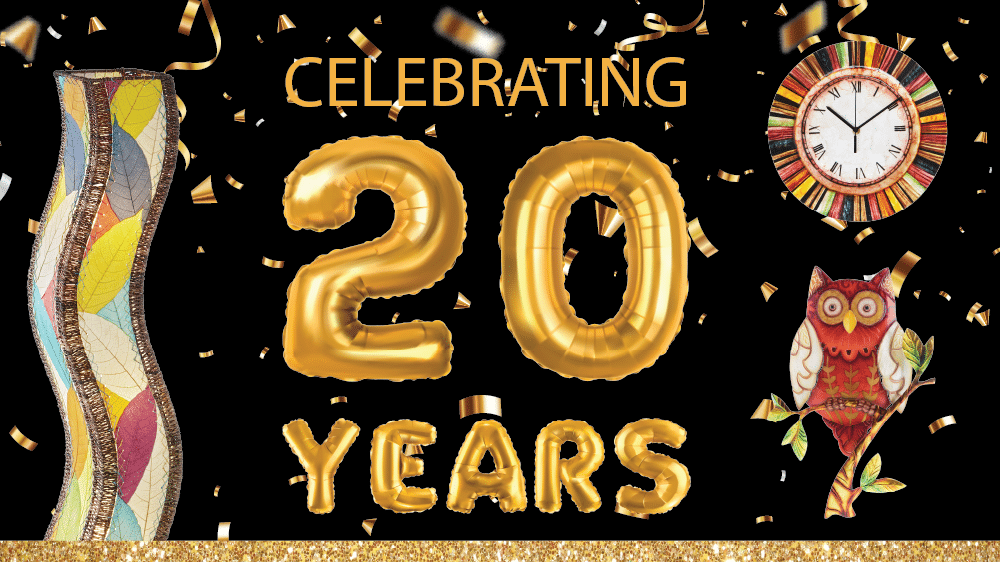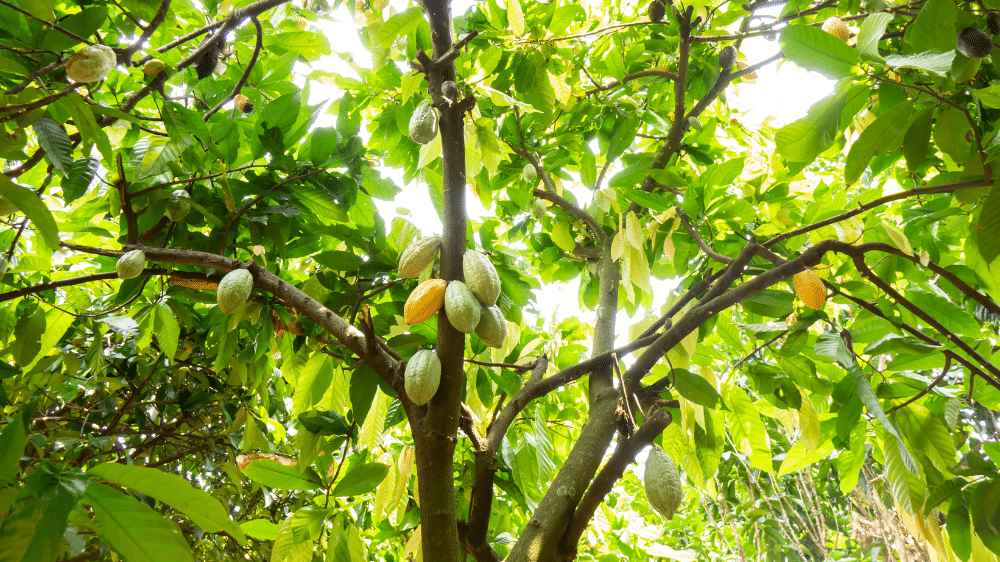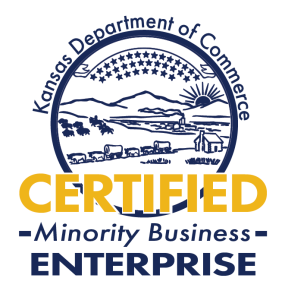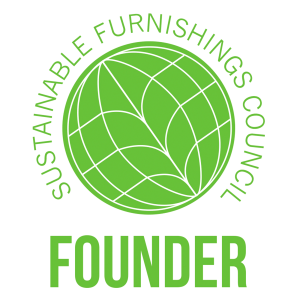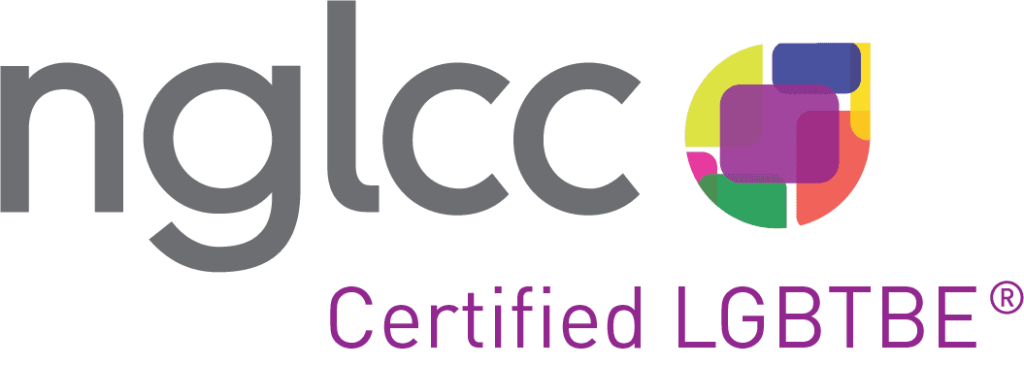Shining a Light on Our Fair-Trade Partners
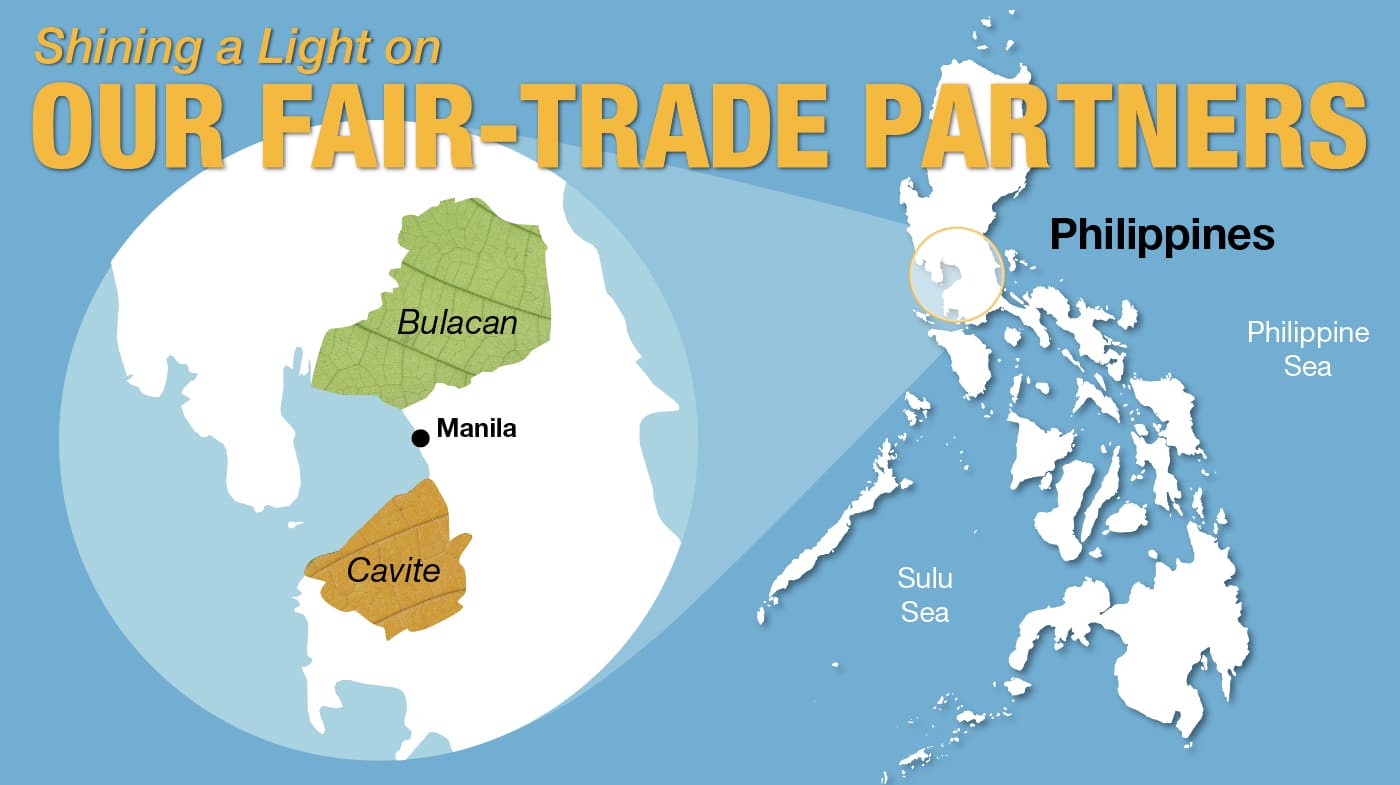
April 19, 2024
By: Christopher Godfrey
By now we’ve all seen fair-trade labels on products, but have you given any thought to what that label really means? Fair trade is a global movement improving the lives of farmers, artisans and other workers in developing countries by supporting things like living wages and safe working conditions. It helps fight poverty and gives opportunites, like continuing education, that would otherwise be unavailable. For these reasons, fair trade is an important part of Eangee Home Design’s ethos. Read below to learn more about how the fair-trade movement got its start and our partners in the Philippines.
A Brief History of Fair Trade
The origins of fair trade are a little blurry, and there are varying stories as to how this global movement began. According to World Fair Trade, it started in the U.S. in the 1940s when an American businesswoman visited a women’s sewing group in Puerto Rico. The businesswoman returned to the States and began selling the Puerto Rican items to family and friends. The first signs of fair trade in Europe can be traced back to the 1950s. In the U.K, a Quaker-led group began selling crafts made by Chinese refugees. At the same time, similar initiatives were developing in the Netherlands around the sugar cane trade.
The movement continued to grow and take shape throughout the 60s and 70s. The 1980s brought us the first fair-trade label—the “Max Havelaar”—which was initially used for fair-trade coffee being sold in the Netherlands. The fair-trade movement has seen huge growth in recent years and continues to expand. Over the years, products have grown from coffee and needlecrafts to include foods such as chocolate and fresh fruit, flowers, jewelry and apparel and even housewares (like lighting!).
 Fair Trade and the Philippines
Fair Trade and the Philippines
Our partnership with our Filipino artisans helped lay the foundation for Eangee Home Design. It only took one trip in the early 2000s for one of our founders, Clyde Godfrey, to fall in love with the unique, handmade designs crafted by Filipino artists. Clyde came across the Gecko Wall Lamp, bonded with the community, and the rest was history (read the full story).
Today, Eangee’s primary producers still call the Philippines home and source all of the material locally. The Philippines, which is located in southeastern Asia, is comprised of over 7,000 islands in the Pacific Ocean. The majority of our producers hail from Cavite and Bulacan, which can be found in the northern portion of the country.
The Philippines is known for many skillful crafting techniques including hand stitching, which you can see on the majority of our lamp shades. The Philippines is also the world’s largest producer of abaca twine—a natural fiber sourced from plants. Dubbed a “future fiber,” abaca twine is a sustainable alternative to synthetic fibers and used in the stitching of our lamps, like the Fortune Series.
We Believe in Our People

Joey Gabin
We believe in our products, but most importantly we believe in our people. It’s true that without the Philippines, there would be no Eangee, but the heart of our company is really the Filipino artisans who bring our products to life. Many of our artisans have been with us for years, like Joey Gabin whose first day was 12 years ago.
Joey specializes in metal framing and is the man behind pieces like our Jellyfish and Wave lamps. Joey, like all of our artisans, receives a living wage, a safe working environment, access to affordable healthcare and continuing education—things many of us take for granted. “I am able to provide food for my family and help support my parents,” said Joey when asked what his job means to him. It’s a reminder that you truly are making a difference and positively impacting people’s lives when shopping fair trade. Since its humble beginnings in the 1940s, fair trade has grown to a global movement. These days nearly 1.8 million farmers and workers depend on fair trade for their livelihood. So the next time you see a fair-trade label, remember that you have the opportunity to make a difference simply by changing your shopping habits and supporting fair-trade products.
Related posts
Published On: April 8, 2024
By: Shay Elder
Discover the beauty of mixing different design genres to get the look that is truly yours. Create a personalized ambiance that reflects you.
Published On: October 11, 2023
By: Christopher Godfrey
Join CEO Chris Godfrey in Celebrating 20 Years of Eangee Home Design - Unveiling the Artistry, Eco-Friendly Vision, and Collaborative Passion Behind Our Journey
Published On: April 24, 2023
By: Shay Elder
Chocolate is a beloved treat enjoyed by millions of people around the world and it has a special place in our hearts and the leaves of that plant are incorporated into many of our lighting designs. As a food it's hard to resist the smooth, rich, and creamy taste of chocolate, whether it's in a bar, a truffle, or a cake. But have you ever wondered where chocolate comes from and how it's grown? In the Philippines, chocolate is grown in a unique and fascinating way that makes it a truly awe-inspiring crop.
